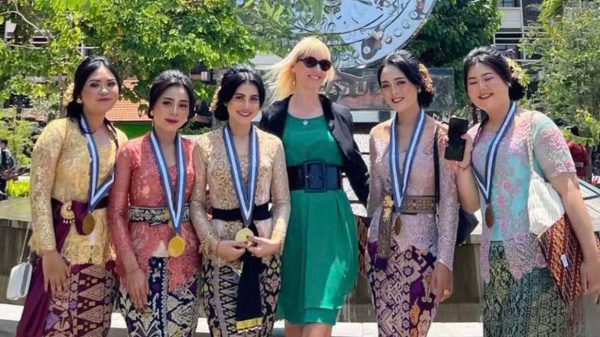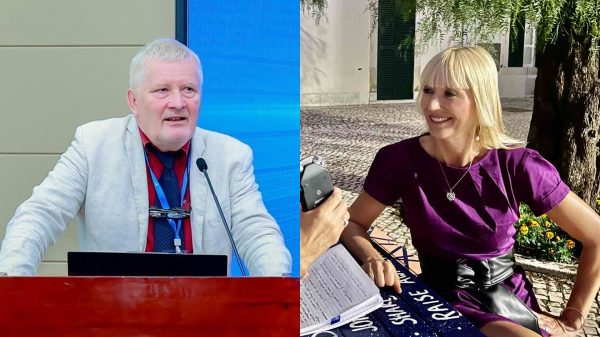
21.12.18
UN Day of Migrants: ‘Miss, who needs languages of immigrants?’
By Dina Mehmedbegovic-Smith
18th December is the UN Day of Migrants. On this day in 1990 UN signed the International Migrant Convention protecting the rights of migrants and their families. It took another 13 years for the Convention to reach the threshold needed for its implementation – acceptance by 20 countries. Its main aim is to protect human rights of currently around 258 million people identified as migrants world-wide. Not many are aware of this date and not many are aware that UNESCO rights of children include a right to education in mother tongue/home language.
Ten years ago my engagement with young people, recent migrants from Iraq and other troubled countries, inspired my doctoral research. My thesis has in its title words of a 15-year-old bilingual student that summarise her perceptions about the value attached to minority languages in England. As a Kurdish and Arabic speaker, a recent arrival from Iraq who was new to English at the time and somebody with the ambition to work in tourism this student reflected on the usefulness of her two languages by saying: “Miss, who needs the languages of immigrants? You need to be good at English, very good at English.” Within 11 months of living in England this student had not only received, but had adopted a low value message in relation to minority languages or, as she termed them, ‘immigrant languages’.
Her question became to me the expression of the education system, which is failing bilingual learners: a question so simple and yet captivating in its grasp of issues of inequality, power and marginalisation. The fact that a young person at the time of selecting the direction of her future occupation in a global city such as London is not encouraged to explore how the skills she has in different languages can be used as resources, I consider to be issues of equal opportunity and social justice. In the case of younger bilingual learners, excluding language skills they have in languages other than English in their everyday learning creates predictable pedagogical difficulties which may result in patterns of educational underachievement.
What has changed over last 10 years? Recently I gave a key note lecture for UCL IOE students training to become future teachers. When I finished my lecture in which I addressed the importance of first languages and how essential it is that all teachers engage with communicating affirmative messages about bilingualism – a student came to talk to me. She said:
‘I started school in London as a confident bilingual Gujurati English speaker, I finished school hardly being able to speak Gujurati. Nobody ever asked me about Gujurati. I didn’t think it mattered. Now I’ve lost it.’ And she started sobbing. She could not stop.
We still have a long way to go to develop awareness and skills in schools which will help bilingual children realise their full potential. Many schools need to put real effort into transforming themselves from the sites where monolingual ideologies ultimately lead to children leaving school feeling they have been robbed of skills they entered with, to sites where plurilingual skills of every child are given conditions to thrive and flourish. In case of migrant children – their languages and cultures may be the only assets they were able to bring with them. We must not allow that the education institutions in their host country quietly deprive them of their resources. ‘Nobody ever asked me about my language’ – is a powerful testimony how by not saying anything in classrooms, never asking children to do homework in their first languages or never asking them to perform bilingually or make bilingual displays, we, educators, are communicating powerful messages: learning happens in English (or other language of instruction) only or other languages are not important for academic achievement or you underachieve if you speak another language – all of which I had encountered while doing my research. As a contribution to raising awareness on these important issues I am making my doctoral thesis available here to our readers:
A study in attitudes and values attached to bilingualism in England and Wales: ‘Miss, who needs languages of immigrants?’ View the PDF
About the author
https://ecspm.org/wp-content/uploads/2018/12/Rethinking-Language-Education.pdf
Dina’s work on using autobiographical multimedia classroom approaches to develop intercultural competencies has been published and recognised as good practice by the Department of Education, NALDIC (National Association for Language Development in the Curriculum) and the British Council.

